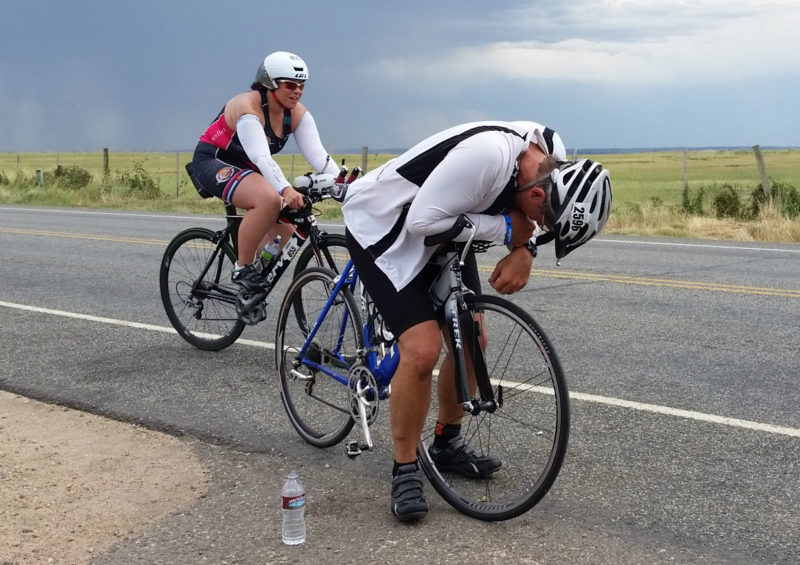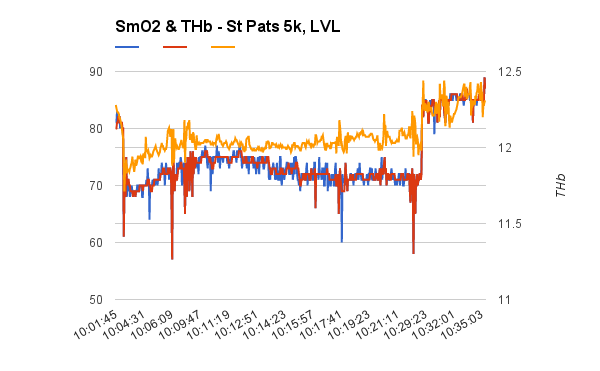Megan is doing her first triathlon this season and asks: “I’ve never really swam long distances in open water. What can I expect?”
Open water is definitely a different experience from pool swimming. No lane lines, no stripe at the bottom to keep you in a straight line, no walls for which to push off, and depending on the race, anywhere from about 50-1500 more people in your personal space.
Here are a few things to keep in mind in open water:
We tend not to keep our head down in open water. This is usually for two reasons. One, we have to lift it occasionally to see where we are going (called “sighting”) or two, we are just more comfortable with it up because we can’t see the bottom. Reason one should be the only reason you are lifting your head out of a streamlined position.
Have a relaxation strategy. It is not uncommon to experience a bit of anxiety in open water. Some of the most accomplished pool swimmers still have some issues in open water. This can be caused by the cooler water (remember – if you are in a wetsuit it keeps you buoyant) or just that you might not be able to see the bottom. Whatever the reason, have a plan that will help you relax. Many flip to their backs and backstroke to regroup. Remember, you’ve put in thousands of yards in the pool preparing for the race, so you’ll do just fine. Catch your breath and keep swimming.
The buoy line is the shortest distance. Follow the buoy line as much as possible, but remember, if there are waves behind you, the faster swimmers will swim over you.
If you train in open water, train with a buddy. Never go swim in open water alone. This is for safety reasons. In a race, there will be canoes, kayaks, jet skis, paddle boards, or other support on the course to watch out for you.
You might be faster or slower in open water. Wetsuits will make you faster, as they improve body position and reduce drag. But if you are lifting your head a lot, you will negate any gained speed. Also, if you don’t swim a straight line, your times might reflect what appears to be a slower swim, when in reality you just swam a couple hundred more yards. This is why we practice to become a good sighter – it replaces the stripe on the bottom of the pool.
Draft! In triathlon swim, drafting is legal so if you can, get right on the feet of a slightly faster person and enjoy the ride.
More details on what to expect during the swim on race day can be found in my eBook, The Triathlete’s Guide to Race Week, available here and on MindsetTriathlon.com.
If you don’t have access to open water before your race, here are some tips for practicing open water skills in the pool. Or you can take the advice from this Clif Bar Training video.
Coach Nicole is the author of The Triathlete’s Guide to Race Week. She is also the founder and head coach for NEO Endurance Sports & Fitness, a Colorado-based endurance sport coaching company. She is a USAT Level 1 Certified Coach and also coaches triathlon for Team In Training. Learn more at https://neoendurancesports.com/. You can contact Coach Nicole with your questions for the Ask the Coach column on facebook, twitter or via email at nicole@neoendurancesports.com.







